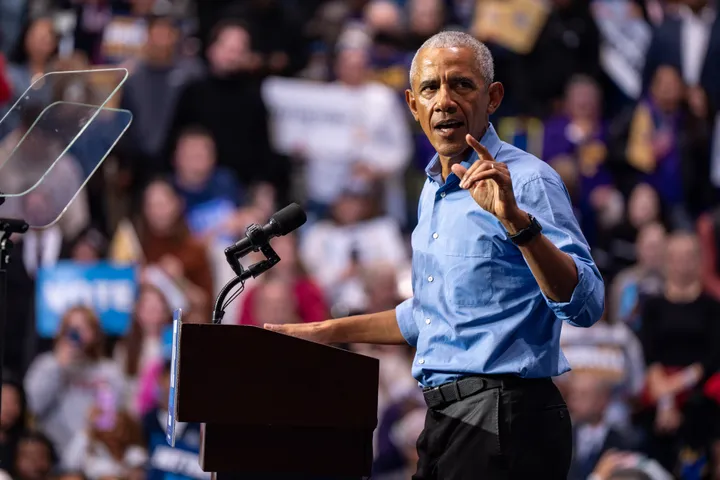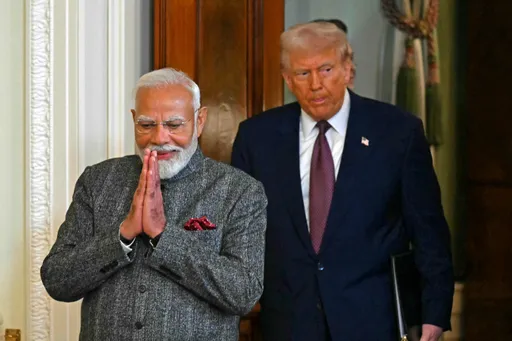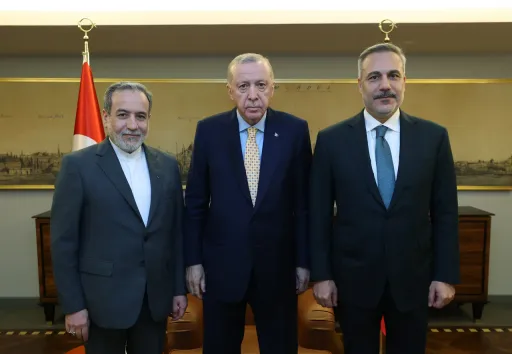By Yasser Louati
In 1962, when Modibo Keita, President of the newly-independent Mali, decided to create the Malian Franc, the immediate result was for his neighbours, themselves freshly independent but members of the CFA Franc zone, to raise commercial barriers and isolate him economically.
A year later, his Togolese counterpart Sylvanus Olympio – who planned an independent monetary project for his newly-independent country – was assassinated by a group of military personnel trained by France.
Among them was Etienne Gnassingbe Eyadema, the man who would later become the President of Togo from 1967 until his death in 2005.
Created by France in 1945, the CFA Franc was meant to control the cost of access to raw material from the colonies and to shield France’s pre carre from the other monetary bloc controlled by the UK, the ‘sterling area’.
Unlike its British counterpart, which disappeared by the second half of the twentieth century, the CFA Franc remains to this day the anachronistic currency in place in 14 African countries regardless of their access to independence from France decades ago.
The tremendous advantages offered to France and the strict terms and conditions of the CFA Franc explain why the currency is referred to as a tool of ''monetary servitude'', the “invisible tool of Francafrique'' (in reference to France’s neocolonialism in Africa) or, in an absolute plain term, the “colonial currency''.
The CFA Franc is in use in three distinct areas, each with its own version of the currency:
The West African CFA Franc or the African Financial Community Franc, emitted by the Central Bank of West African States and used by Benin, Burkina Faso, Guinea-Bissau, Ivory Coast, Mali, Niger, Senegal and Togo.
The Central African Franc or the Financial Cooperation in Central Africa Franc, issued by the Bank of Central African States and used in Cameroon, Central Africa, Chad, Equatorial Guinea, Gabon and the Republic of Congo.
The Comorian Franc, used by the independent Union of Comoros alone. (valued at 0.0020 euros)
In all cases, the CFA Franc offers France’s guarantee of convertibility, fixed parities (then with the French Franc, today with the euro), free transferability and the centralisation of foreign exchange reserves.
In return, the issuance and printing of money are done in France, and the countries using the CFA Franc are obliged to deposit at least 50 percent of their foreign exchange reserves at the French Public Treasury.
Given the vast disparities between African and French economies, the pegging of the region’s currency to a strong currency like the French Franc yesterday and the euro today is unnatural and has direct implications on the economic development of the CFA Franc region: reduction in liquidity when governments need it, penalties in exports, reduced the margin for central banks to intervene, which in turn makes them focused solely on fighting inflation and not economic development, the scarcity of investment money for businesses and households face prohibitive interest rates.
Nightmare for Africans
But for France, there are only advantages. The former colonial power maintains its grip on the economies of these countries, when the latter enjoy trade surplus, their foreign currency reserves are stored in French banks which can then use them on international financial markets, French companies have preferred access to local markets, can exploit, extract resources, can freely repatriate their profits back home without fear of foreign exchange fluctuations and even setup show wherever and whenever throughout the CFA Franc area.
Under these conditions, the natural question is how sovereign can a nation be without monetary sovereignty?
The answer lies in the evolution of the “fixed” parity since the CFA Franc’s inception and how only four states out of the fifteen that were members of the Franc zone withdrew from the monetary agreements.
The value of the CFA Franc evolved multiple times over the years and only when Paris decided it.
For example, in 1945, one French Franc was equal to 0.588 CFA Francs. But though initially “fixed”, this "parity" will change to 1 FRF equalling 0.5 CFA Francs in 1948 and even 0.02 CFA Francs in 1960 when France introduced its New Franc.
But the worst was yet ahead. In 1994, Paris unilaterally decided to review the French Franc to CFA Franc parity.
A nightmare for all Africans who saw their presidents and heads of central banks sign the Dakar declaration and agree to Paris's unilateral decision to devalue the CFA Franc to 50 percent of its value at 1 French Franc now equalling 0.01 CFA Francs.
The consequences were devastating for the region. Hundreds of millions of households saw their purchasing power collapse with the explosion of costs to import and skyrocketing prices.
To this day, the obsession of central banks is to fight inflation at the cost of investment and economic development. If France can devalue the CFA Franc unilaterally and impose its decision on African leaders, they, in turn, can only proceed with “internal devaluation” by cutting public spending and letting prices rise.
Local and foreign hurdles
Proponents of the CFA France would argue that the currency brings stability to the region. But so far, the region has not prospered, and the single currency between 14 countries did not translate into great exchanges between them.
As noted by Togolese economist Kako Nubukpo, exchanges within the CFA Franc zone amount to 10 percent in Central Africa and 15 percent within West Africa, far from the 60 percent of businesses within the Eurozone.
Moreover, France's main economic partners in Africa are Morocco with 18.9 percent of Franco-African trade, Algeria (18.4 percent), Tunisia (15.2 percent), Nigeria (8 .5 percent) and South Africa (5.8 percent). None of them is using the CFA Franc.
But if Paris had successfully managed to maintain its monetary grip on former colonies, it wouldn't have been possible without the active collaboration of the French-trained indigenous elites.
For instance, when Sekou Toure refused to join Charles de Gaulle’s African community in 1958 and instead chose to lead his people towards total independence from France, the hurdles he faced were not only French but also African.
His former comrade Felix Houphouet Boigny doubled down on the threats made by France’s Minister for Overseas Territories Bernard Cornut-Gentille, who declared, “If Guinea votes against joining the French African communities, we will certainly not hand it a bonus.”
Boigny, Minister under De Gaulle before becoming Ivory Coast’s first president, openly declared that “Guinea would not only be confronted by France but also by the whole French-African community” (cf L'empire qui ne veut pas mourir).
The explicit threat materialised with overt operations to destabilise the country, starvation attempts by intercepting rice shipments and even the distribution of fake currency to bring the country’s economy to its knees, as reported by Pierre Mesmer, former head of France's external intelligence agency the SEDECE (External Documentation and Counter-Espionage Service) in his memoirs.
Partial independence
Despite decades of poor economic development and scarce opportunities for their people, the current generation of African leaders is, just like their predecessors, still behind the curve. In fact, the decision to “reform” the CFA Franc came from the French President.
In 2019, Emmanuel Macron visited Abidjan and declared in the presence of Ivorian President Alassane Ouattara: “It was by hearing your youth that I wanted to initiate this reform.” If Macron wanted to tell an African leader that he was irrelevant, he couldn't have done it better.
If the initiative offers new liberties on paper, it only grants partial monetary independence. The “Eco” – the proposed common currency for West African nations – would still be pegged to the euro and the burden it implies. The project is, however, yet to materialise.
From the creation of the CFA Franc, nothing was spared to maintain it. Rejection of the CFA Franc and the idea to give up full monetary sovereignty to France is as old as the currency itself, be it by Burkina Faso’s Thomas Sankara or Mali’s Modibo Keita, both of whom were assassinated and overthrown and replaced by strongmen aligned with France.
In signs that reforming let alone abandon it is a taboo, the International Organisation of La Francophonie sacked its Director, the Togolese Economist and former Minister Kako Nubukpo, for his anti-CFA Franc positions.
The growing unpopularity of France in Africa and the younger generation's rejection of its presence are no accident. There cannot be a French, American or Chinese solution to Africa's challenges.
Only African initiatives imagined and implemented by Africans themselves will pave the way for Africa’s awakening.
Disclaimer: The viewpoints expressed by the authors do not necessarily reflect the opinions, viewpoints and editorial policies of TRT World.




























